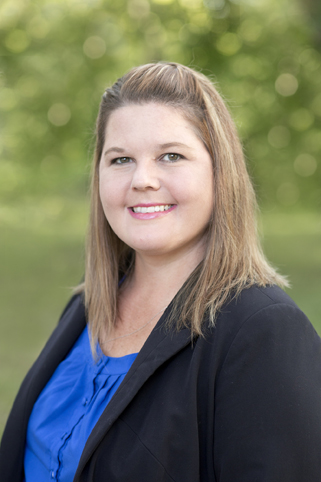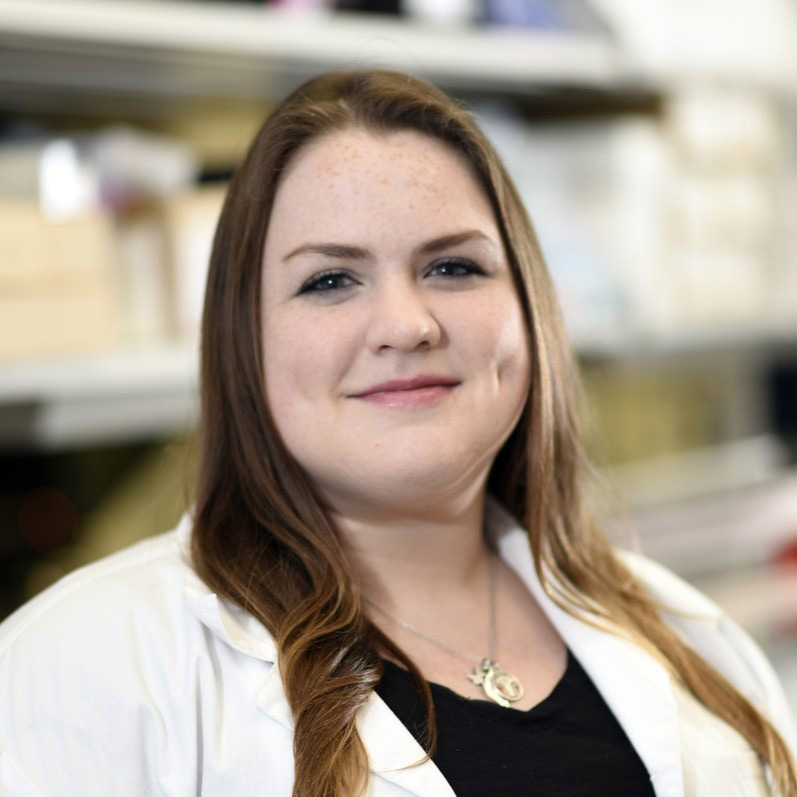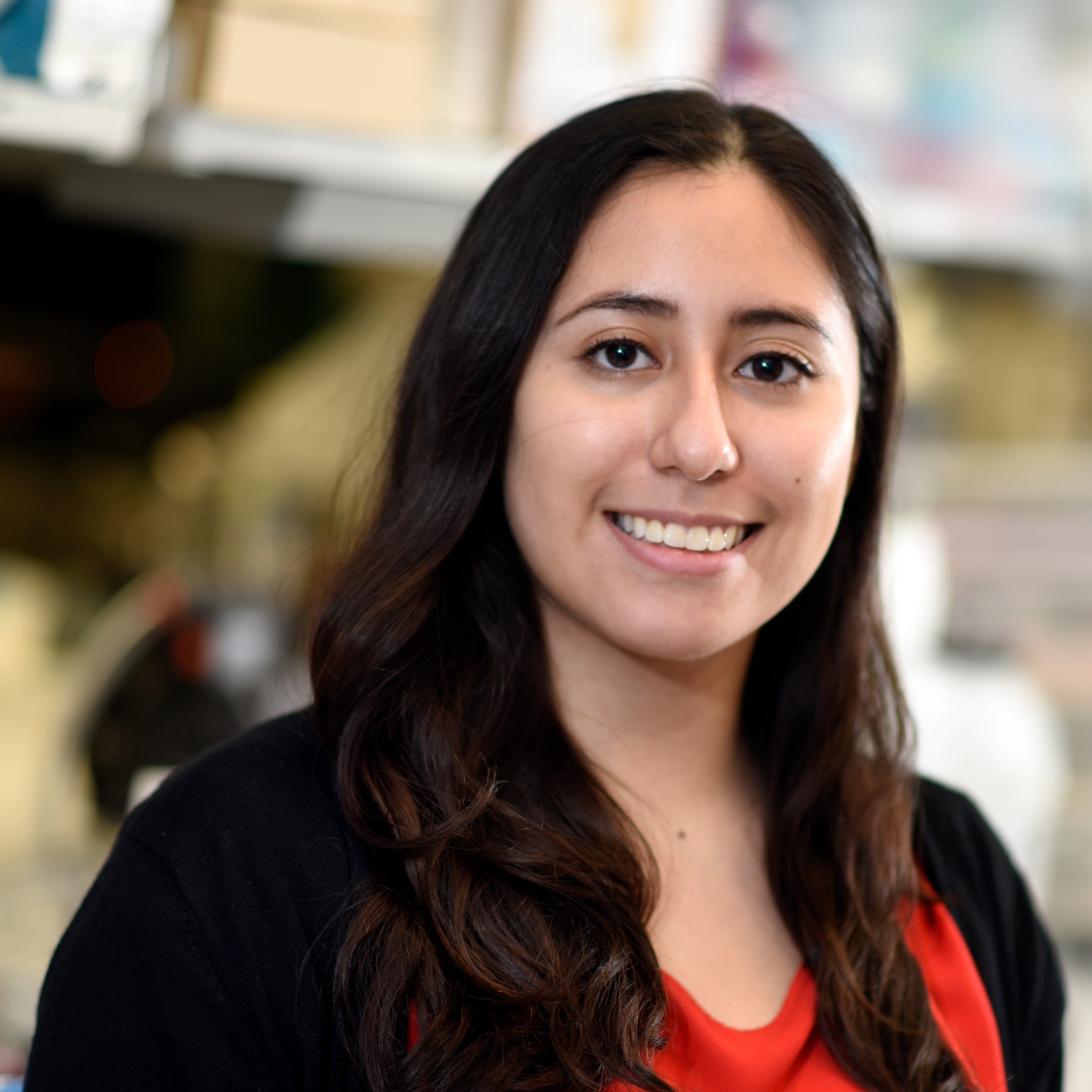The Biological Safety Program is responsible for providing support to The University of Texas Health Science Center at Houston students and personnel concerning the recognition, evaluation, and control of chemical, biological, and physical hazards. Our goal is to provide the safest work environment for all UTHealth employees and the surrounding health science center community, as well as minimizing risk to the environment and property.
The Biological Safety Program is located at CYF in room: CYF G102. They may be reached by phone at: (713) 500-8170 or fax at: (713) 500-8111
EHS Main Office 713-500-8100 (answered M-F, 8:00AM-5:00PM CST)
EHS Hotline 713-500-5832 (after hours, weekends, holiday for the on-call safety specialist)
For Emergencies, Dial UT Police Dispatch 713-792-2890 or 911
Biological Safety Manual, and Guidance Documents
- UTHealth Houston Institutional Biological Safety Manual (pdf)
- UTHealth Houston Biological Safety Cabinets Guidance Document
- UTHealth Houston Indoor Air Quality - Mold
- Laboratory Safety Audits
Community Based Research
For research projects at UTHealth Houston involve off-campus surveillance activities without collecting or directly interacting with chemical, biological, radiological, and physical hazards.
- Community Based Research Safety Security Guidelines (pdf)
- Community Based Education, Research Project Safety & Security Plan (pdf)
Field Based Research
For research projects at UTHealth Houston, involve off-campus field activities, including collecting or directly interacting with chemical, biological, radiological and physical hazards.
- Field Research Project Safety and Security Guidance (pdf)
- Field Research Project Safety Plan and Risk Assessment Form (pdf)
Biological Safety Training
- Infectious Substance Shipping Training -*required every two years
- Microtome and Cryostat Safety Training
- Information on required training for lab and clinical environments
Biosafety Basics for Researchers
- Introduction to Biosafety Basics (pdf)
- Module 1 Biosafety Fundamentals (pdf)
- Module 2 Regulations and Committees (pdf)
- Module 3 Containment (pdf)
- Module 4 Decontamination, Disinfection and Sterilization/Infectious Waste Management (pdf)
Institutional Biosafety Committee (Biological Agents, Recombinant or Synthetic DNA Molecules)
IBC Protocol Submission
- Online Protocol Submission Interface
- User's Manual for Online Protocol Submission interface (PDF)
- Guidance Chart for IBC Protocols (PDF)
- Biosafety Considerations for Contained Research Involving Gene Drive Modified Organisms (PDF)
rDNA Guidance
- NIH Guidelines for PI’s (PDF)
- NIH Guidelines for Research Involving Recombinant or Synthetic Nucleic Acid Molecules
IBC Policies
- IBC Policy and Procedures (PDF)
- Principal Investigator Responsibilities for the Use and Classification of rDNA Research (PDF)
- Fully and Conditionally Exempt Protocols (PDF)
- Accidental Spills - Loss of Containment (PDF)
- Accidental Spills - Personal Contamination(PDF)
- DURC and PEPP policy (PDF)
IBC Committee Information
Institutional Biosafety Committee meets on the second Thursday of every month. Meetings are open to the public, but location and times may vary. Please contact Environmental Health & Safety (713-500-8100) for further information.
Select Agents and Toxins Reference Pages
- Federal Select Agent Program (CDC site)
- Select Agent and Toxins List
- Regulations: Final Rule and Information for Transferring or Receiving
- CDC Bioterrorism Web Page
Useful Biological Safety Links
StateTexas Department of State Health Services (DSHS)
American Biological Safety Association International (ABSA)
Centers for Disease Control and Prevention (CDC)
Biological Safety Staff
 |
Kristin King, DrPH, CPH, CBSP, CHSP, CICBiological Safety Manager(713) 500-8162 BS: University of Texas at Austin (Microbiology) |
 |
Zack Becker, MPH, CBSPSafety Specialist(713) 500-5311 BS: Arizona State University (Microbiology) |
 |
Rebecca Kairis, MPHSafety Specialist
(713) 500-8161 BS: Houston Baptist University (Biochemistry & Molecular Biology) |
 |
Allison Lino, MPHSafety Specialist(713) 500-8166 BS: Texas A&M University (Biomedical Sciences) |